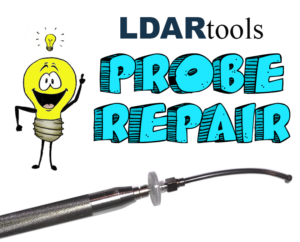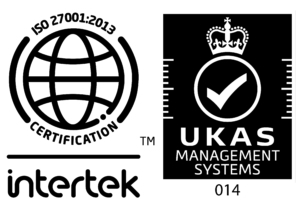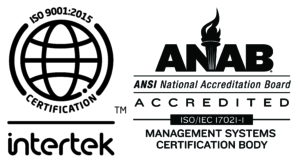
In our line of work, precision and thoroughness are not just values, they are necessities. When you entrust us with your equipment, it is in expert hands. Today, we’ll delve into our meticulous process for repairing and refurbishing units, specifically focusing on our approach to handling probes.
A Commitment to Individual Testing
Our first step in diagnosing a unit’s issue is a probe inspection. Each probe is tested individually before we even begin diagnostics on the unit itself. We do this to ensure that we accurately identify the problem and address it appropriately.
If a probe passes our rigorous testing, it is returned to the unit, accompanied by a tag noting its successful examination. On the contrary, if a probe fails the test, we then add a refurbished probe to the work order. This comes with a $356 fee, which we aim to keep as transparent as possible.
The Impact of Contamination
While a malfunctioning probe can be a common issue, it is not the only one. Contamination, in the sample intake and/or inside the unit itself, also requires remediation. When we find extensive contamination, we opt for a probe replacement. This is to prevent the continued contamination of the sample system and avoid additional downtime.
Communication is Key
When a probe is replaced due to contamination, we add a specific note in the work order: “Due to contamination in the sample port intake, we have replaced the probe as it is contaminated on the inside and will contribute to blocked probe/filter removal errors.”
In Conclusion
We understand equipment downtime’s implications and are committed to helping you minimize it.
The repair process may seem complex, but we strive to ensure it’s as transparent and easy to understand as possible. We are always available to answer any questions you might have about our procedures, fees, or any other concerns.




